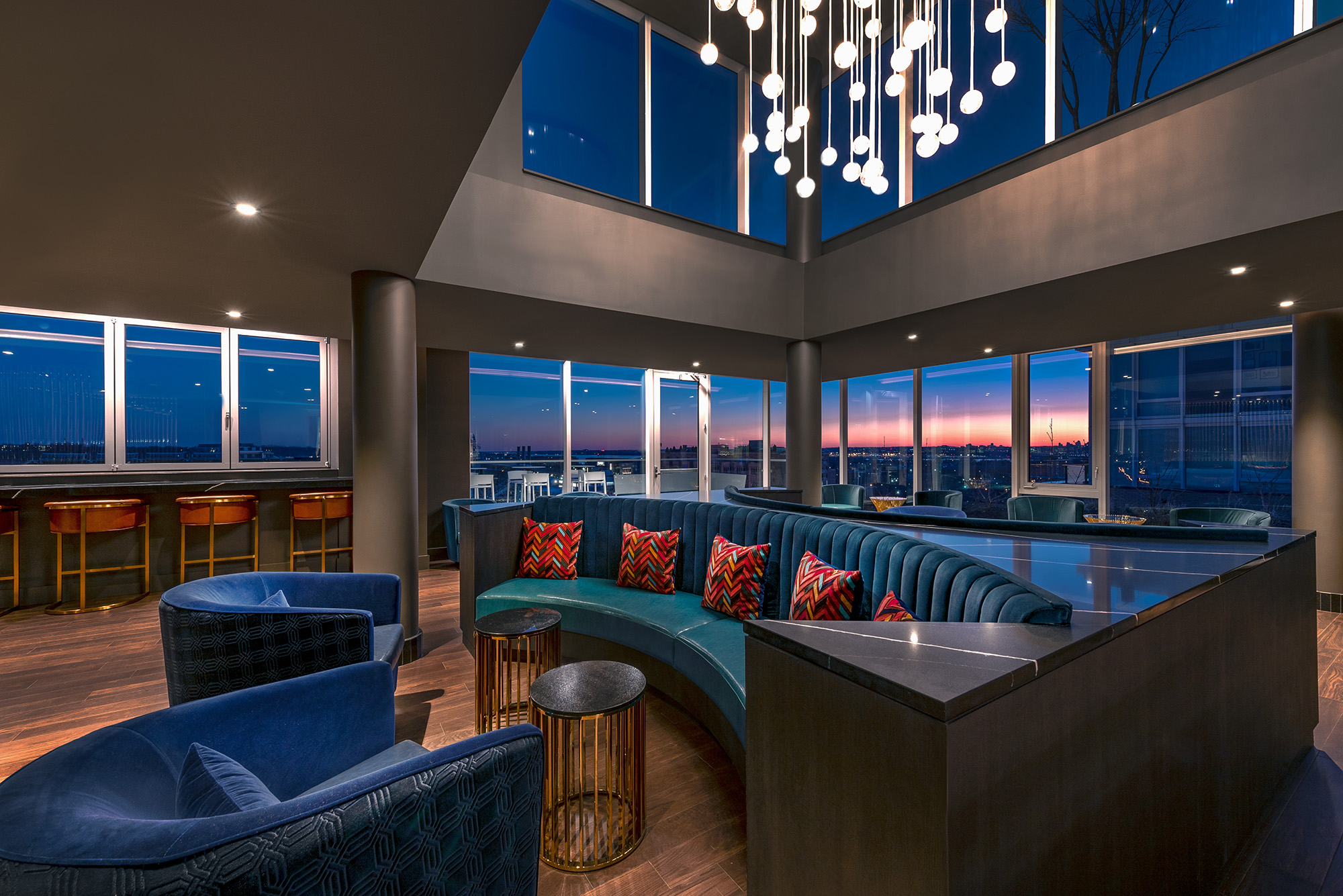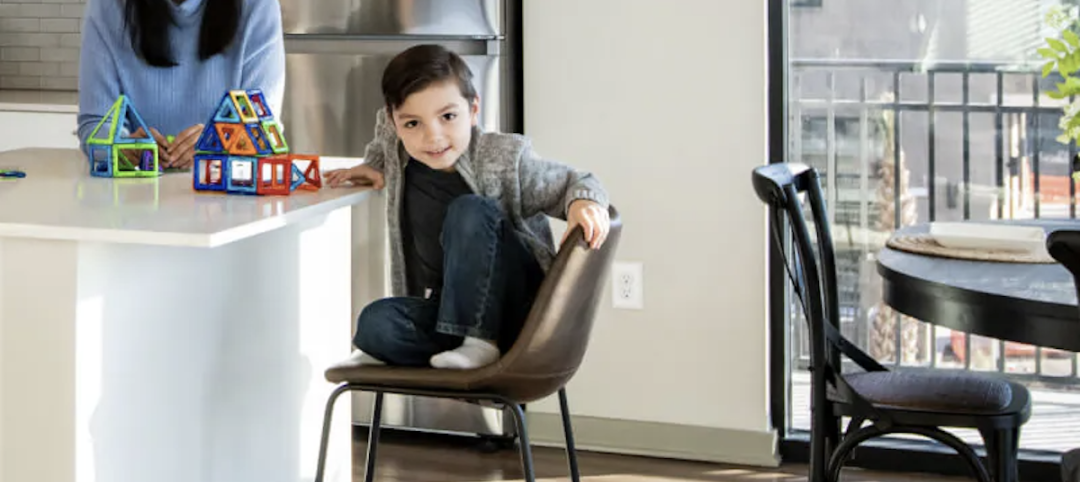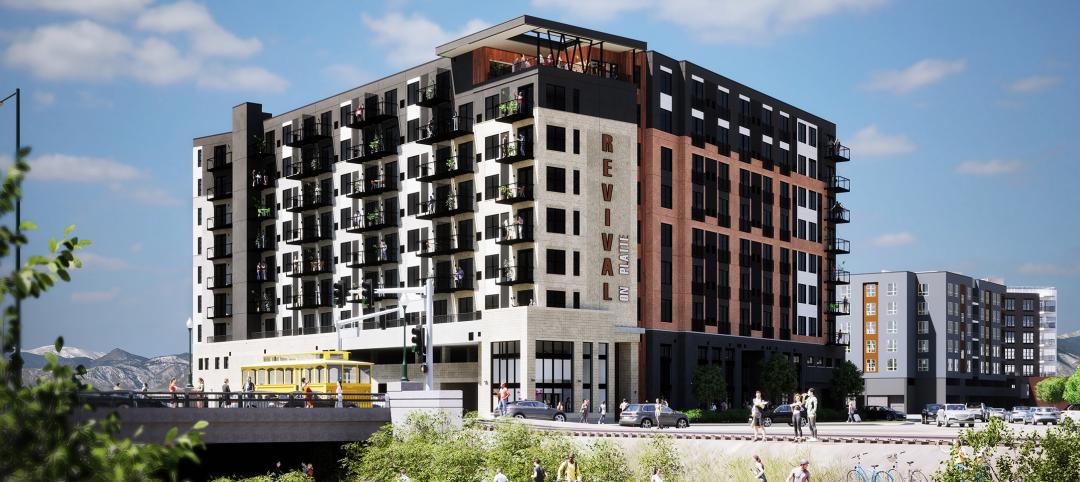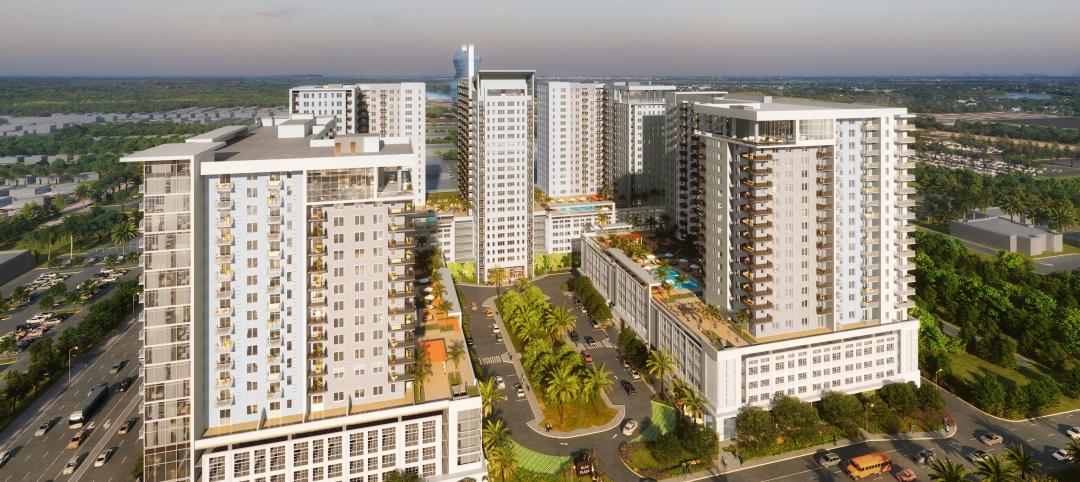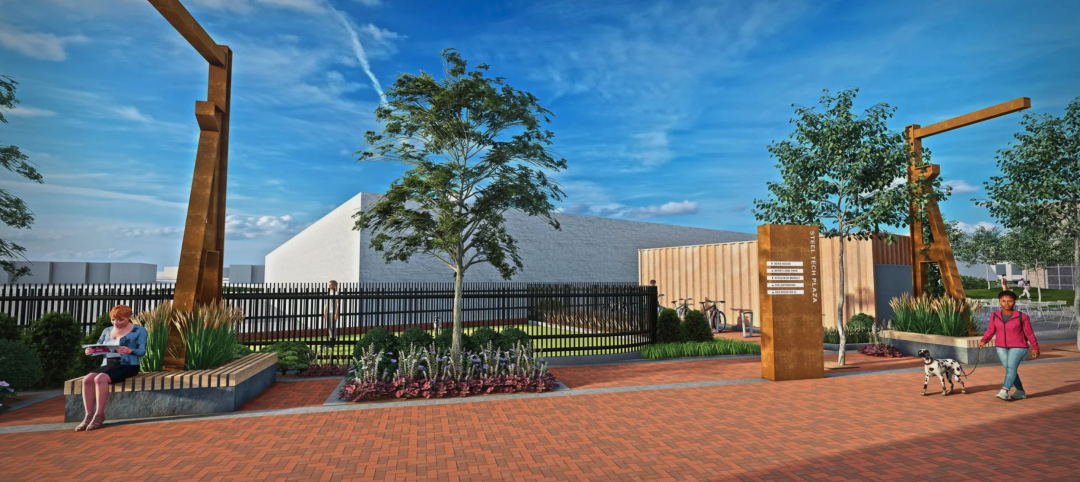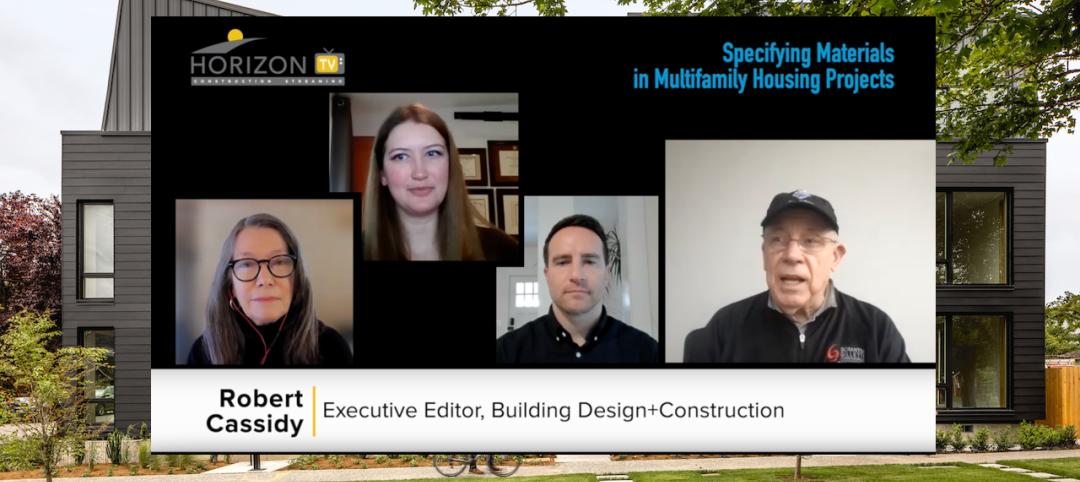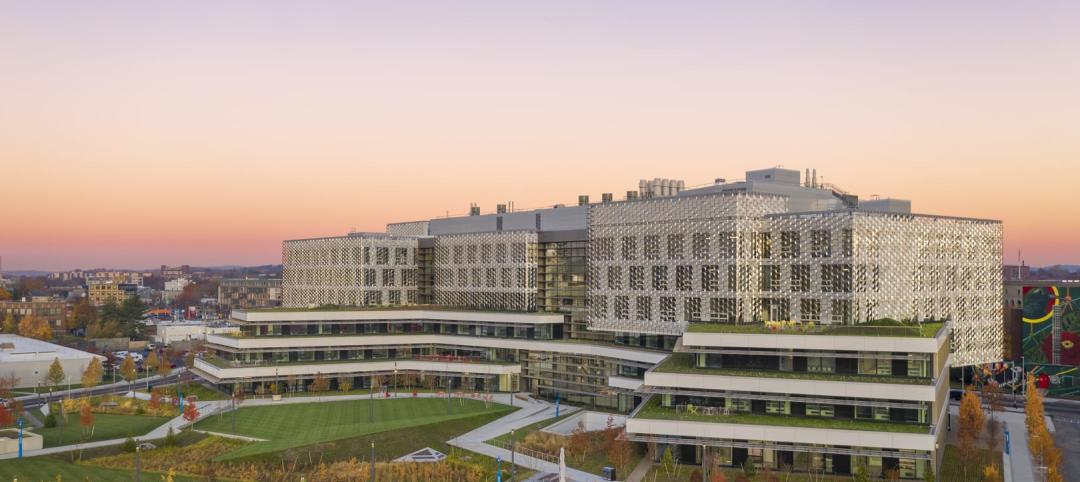The realm of residential development is consistently evolving in response to the shifting needs in the market. As priorities realign and demographic landscapes transform, multifamily designers and developers find themselves in a continuous state of adaptation to resonate with residents in an increasingly competitive arena.
At V Starr, as collaborative design partners to developers across the country, we've observed particularly pronounced shifts regarding tenant lifestyles and thus, their living needs.
What are these pivotal multifamily trends, and how can we effectively respond to them to craft spaces that not only meet but exceed the expectations of today's discerning residents?
Top 5 Multifamily Trends in 2024
1. Health & Wellness
Wellness holds steady as a high priority for residents in multifamily properties, and as such, a standard gym no longer meets their expectations. Today, multifamily dwellers are not impressed with standard fitness facilities but rather yearn for provisions catered to holistic wellness practices. We’re seeing developers and their partners responding to the call with everything from cryotherapy pods to full luxury spas, and even atriums and green spaces to help ground residents and stay connected with nature in major cities.
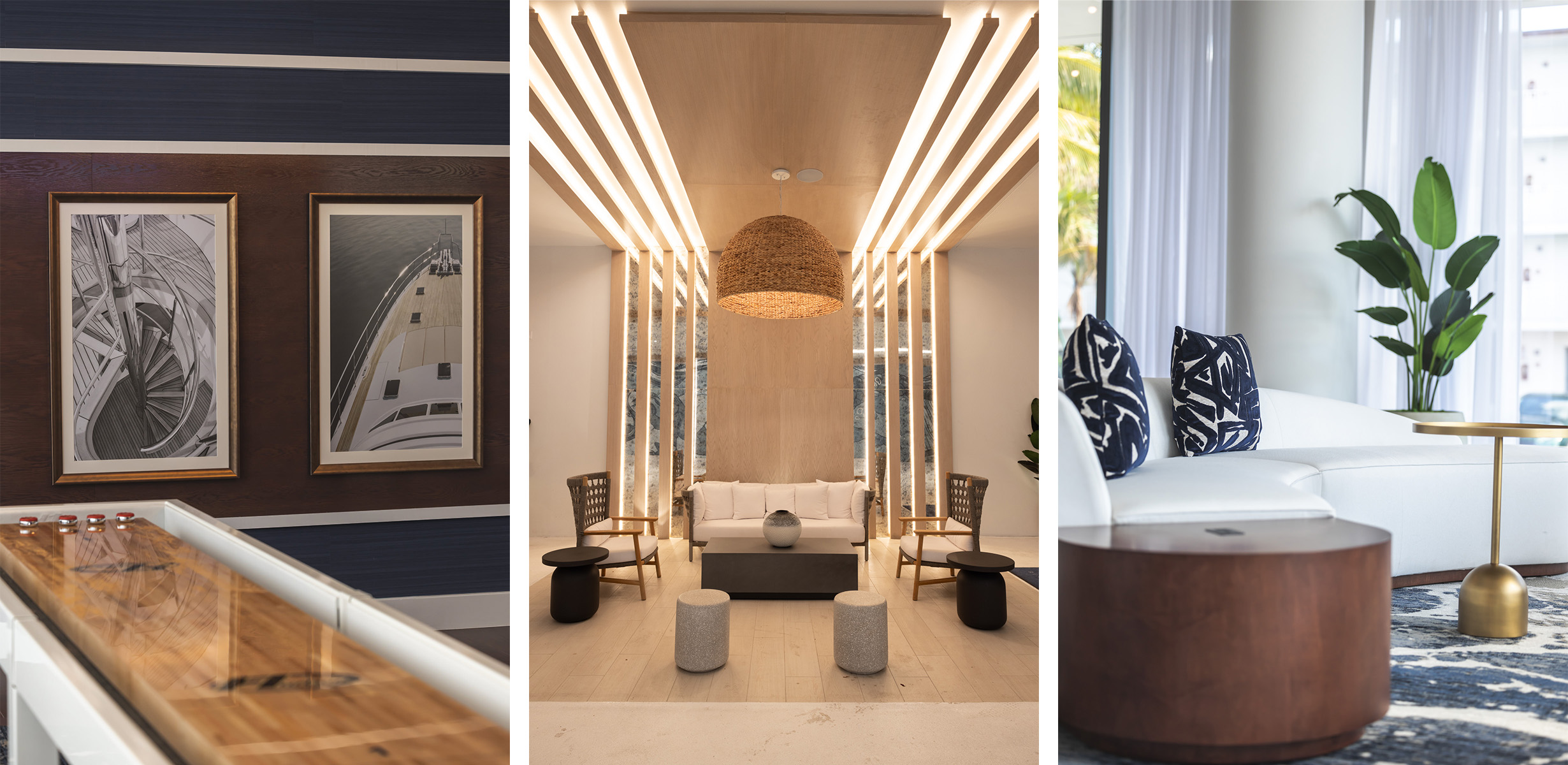
When it comes to the design of these spaces, we’re minding wellness in our material selection as well. In sourcing natural and non-toxic materials we aim to meet end users’ standards with selections that are not only aesthetically sound but also more environmentally friendly. Further, the inclusion of biophilic elements is known to contribute positively to overall mental well-being by fostering a sense of calm.
2. Diversification of Lifestyle Amenities
Outside of health and wellness, amenities are evolving to allocate dedicated spaces for leisure activities that cannot necessarily take place in small apartments or condos. Podcast studios, VR rooms, and even indoor pickleball courts are just a few examples of new accommodations now being integrated into modern developments.
Community is another important factor for residents as they all seek organic connections with neighbors and guests beyond the confines of their units. From membership pool clubs to rooftop clubs and full game room lounges, the rise of social hospitality spaces attests to the growing popularity of initiatives aimed at nurturing a vibrant community spirit among residents.
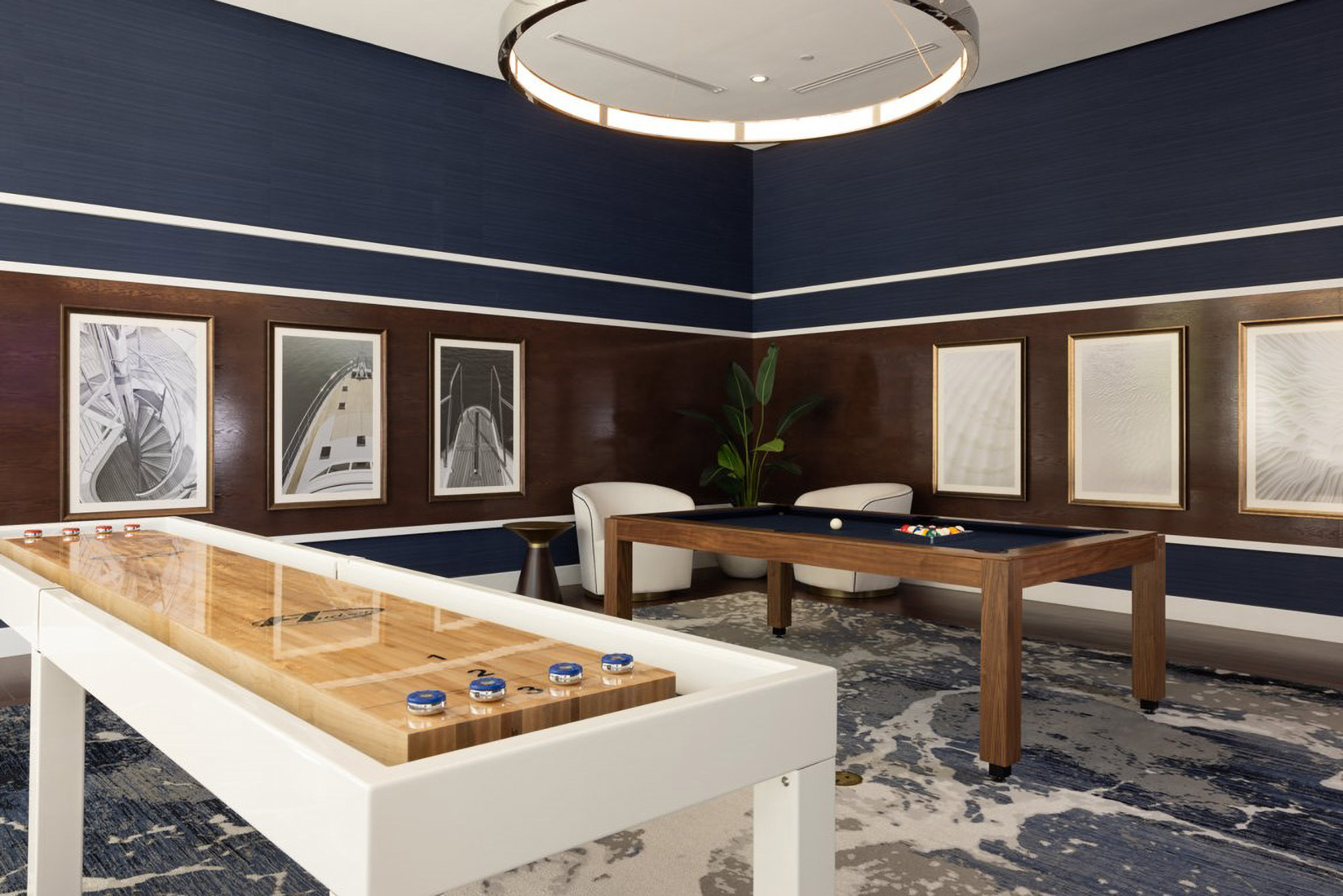
Mirroring the convenience offered at hotels and short-stays, grab-and-go drinks and food marts are another growingly common amenity that helps meet tenants’ needs with convenience.
3. Flexible, Multipurpose Spaces
With hybrid work holding steady across industries, coworking spaces persist as a prevalent amenity in multifamily buildings. Ranging from well-equipped conference rooms to individual workspaces, thoughtfully designed spaces enhance productivity and also offer an environment for remote employees to draw motivation outside of their living quarters. As hybrid work endures, these dedicated workspaces have become a key draw for residents.
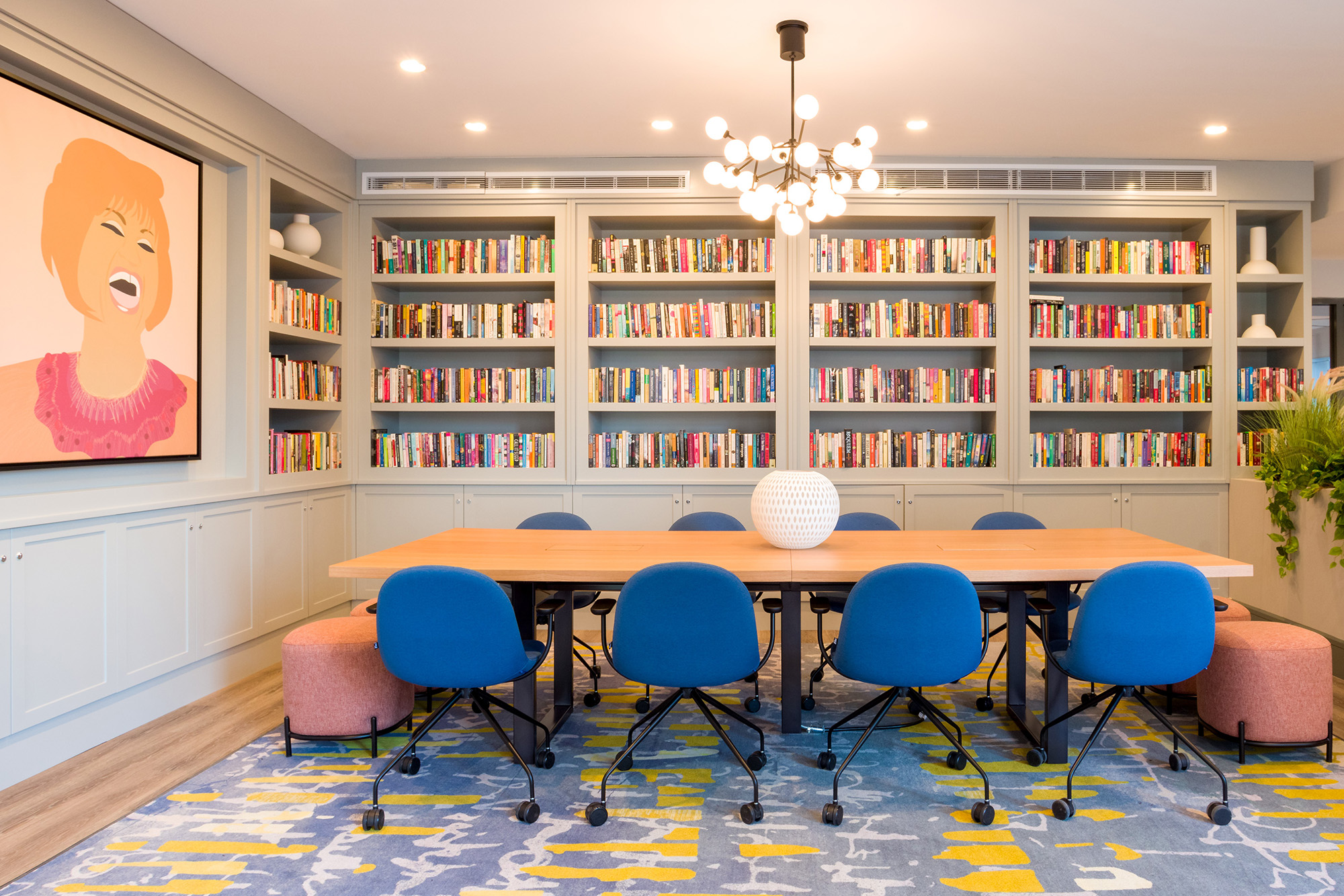
Simultaneously, increased demand for home office spaces within residences has created a need for versatile spaces. This shift not only influences the dimensions of apartments but also redefines the unit mix by challenging the conventional notion that two bedrooms are exclusively designated for families.
Instead, these spaces are now envisioned to serve dual purposes that can accommodate working from home. With this, too, comes the need for flexible storage solutions for work-related items that are out of sight and mind when guests visit but are easily accessible and convenient when needed.
4. Catering to Aging Renter Demographics
As Boomers look to downsize and explore new cities, they seek out the same amenities as Millennials, but with a more refined taste that reflects the comforts of home that they’re used to. Developers and designers are meeting their expectations with thoughtfully curated spaces that feel warm, inviting and luxurious.
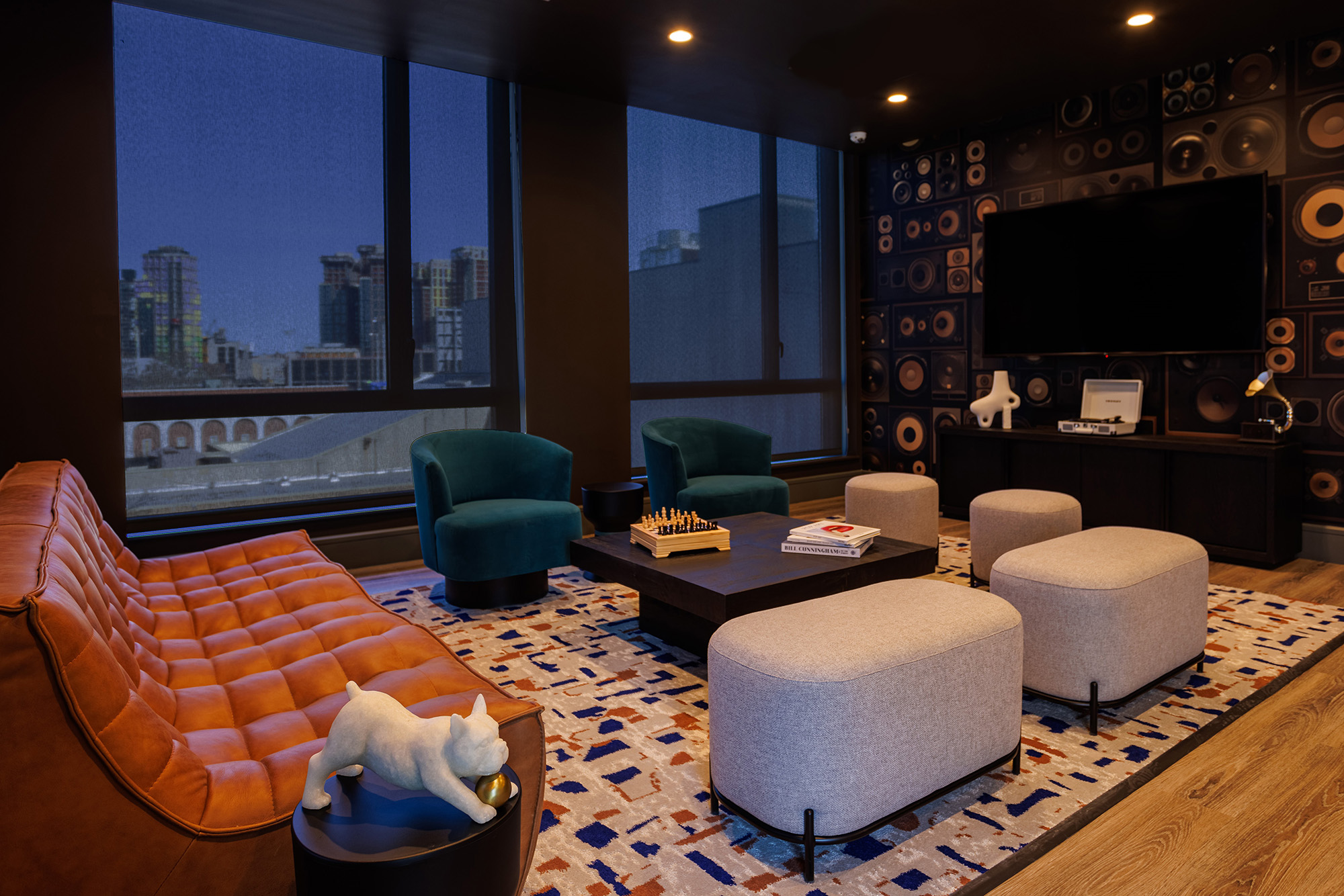
Through tactile materials, soothing color palettes and curated art packages, lounges, lobbies and amenity spaces are now approached as seamless extensions of the residents’ apartments.
5. Building Neighborhoods to Thrive
Underlining the increased focus on community, multifamily designers are embracing a holistic, mixed-use approach that considers not just residential, commercial, and retail but also food and beverage, entertainment, and performing arts, plus plenty of greenspaces. Sound rooms and stages and even hidden speakeasies are just a few of the ways property groups are accounting for the varied interests of their residents, offering a close-knit hub to meet and connect right in their communities.
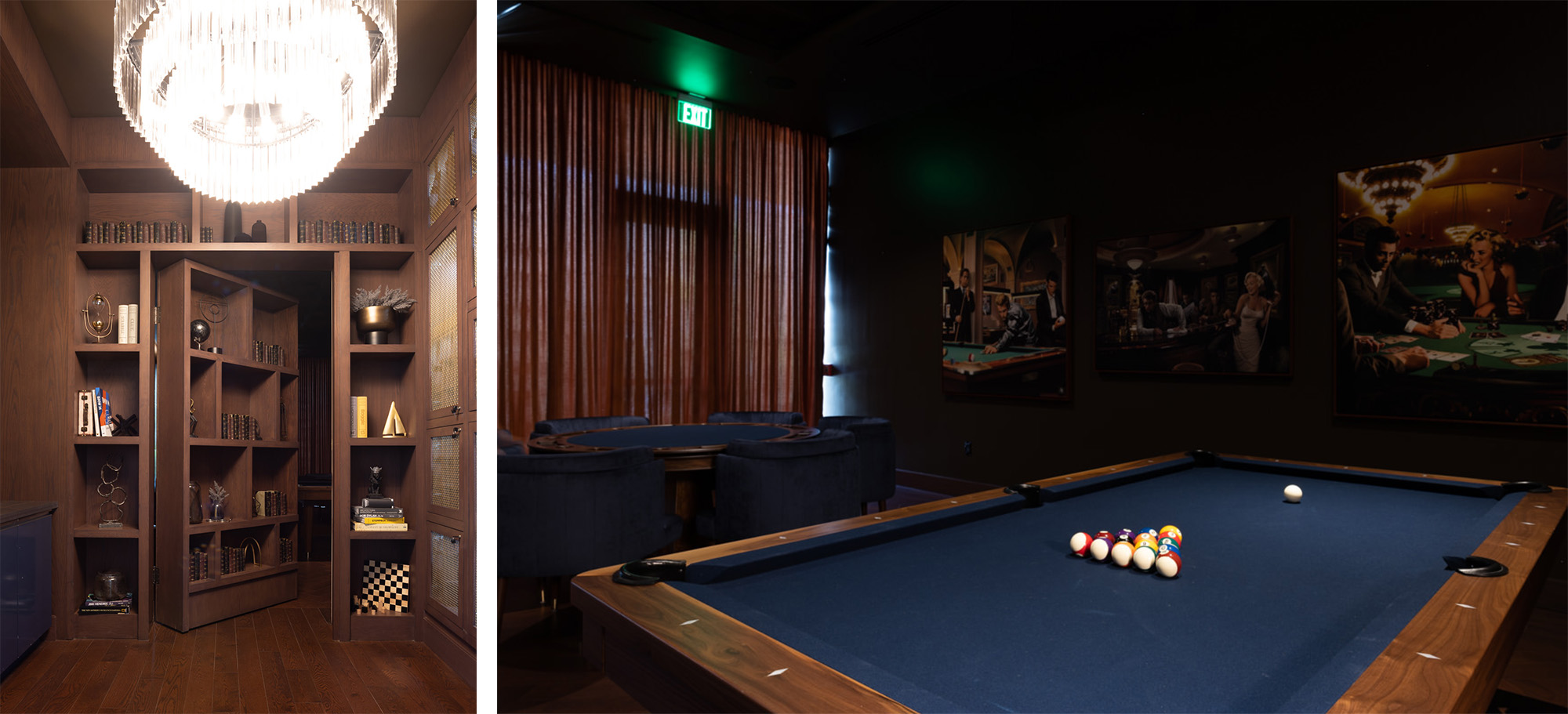
In essence, our commitment lies in crafting enduring spaces. As the dynamics and preferences of multifamily developments transform, designers and our partners aim to meet these shifts in the market with thoughtful considerations that evolve with time. While we work to accommodate each of these shifts into our projects, we too consider how they will evolve by offering flexibility in layout and function to consistently bolster vibrant and thriving communities.
Related Stories
Multifamily Housing | May 1, 2023
Survey of apartment residents shows support for property-provided smart home devices for security, energy savings
Multifamily housing residents receive broadband services faster if they are provided by the property management rather than acquiring such service on their own.
Multifamily Housing | May 1, 2023
A prefab multifamily housing project will deliver 200 new apartments near downtown Denver
In Denver, Mortenson, a Colorado-based builder, developer, and engineering services provider, along with joint venture partner Pinnacle Partners, has broken ground on Revival on Platte, a multifamily housing project. The 234,156-sf development will feature 200 studio, one-bedroom, and two-bedroom apartments on eight floors, with two levels of parking.
Codes and Standards | May 1, 2023
Hurricane Ian aftermath expected to prompt building code reform in Florida
Hurricane Ian struck the Southwest Florida coastline last fall with winds exceeding 150 mph, flooding cities, and devastating structures across the state. A construction risk management expert believes the projected economic damage, as high as $75 billion, will prompt the state to beef up building codes and reform land use rules.
| Apr 28, 2023
$1 billion mixed-use multifamily development will add 1,200 units to South Florida market
A giant $1 billion residential project, The District in Davie, will bring 1.6 million sf of new Class A residential apartments to the hot South Florida market. Located near Ft. Lauderdale and greater Miami, the development will include 36,000 sf of restaurants and retail space. The development will also provide 1.1 million sf of access controlled onsite parking with 2,650 parking spaces.
Mixed-Use | Apr 27, 2023
New Jersey turns a brownfield site into Steel Tech, a 3.3-acre mixed-use development
In Jersey City, N.J., a 3.3-acre redevelopment project called Steel Tech will turn a brownfield site into a mixed-use residential high-rise building, a community center, two public plazas, and a business incubator facility. Steel Tech received site plan approval in recent weeks.
Multifamily Housing | Apr 27, 2023
Watch: Specifying materials in multifamily housing projects
A trio of multifamily housing experts discusses trends in materials in their latest developments. Topics include the need to balance aesthetics and durability, the advantages of textured materials, and the benefits of biophilia.
Concrete Technology | Apr 24, 2023
A housing complex outside Paris is touted as the world’s first fully recycled concrete building
Outside Paris, Holcim, a Swiss-based provider of innovative and sustainable building solutions, and Seqens, a social housing provider in France, are partnering to build Recygénie—a 220-unit housing complex, including 70 social housing units. Holcim is calling the project the world’s first fully recycled concrete building.
Multifamily Housing | Apr 21, 2023
Arlington County, Va., eliminates single-family-only zoning
Arlington County, a Washington, D.C., community that took shape in the 1950s, when single-family homes were the rule in suburbia, recently became one of the first locations on the East Coast to eliminate single-family-only zoning.
Green | Apr 21, 2023
Top 10 green building projects for 2023
The Harvard University Science and Engineering Complex in Boston and the Westwood Hills Nature Center in St. Louis are among the AIA COTE Top Ten Awards honorees for 2023.
Multifamily Housing | Apr 20, 2023
A solution for sharing solar energy with multifamily tenants
Allume Energy’s SolShare sees lower-income renters as its primary beneficiaries.



